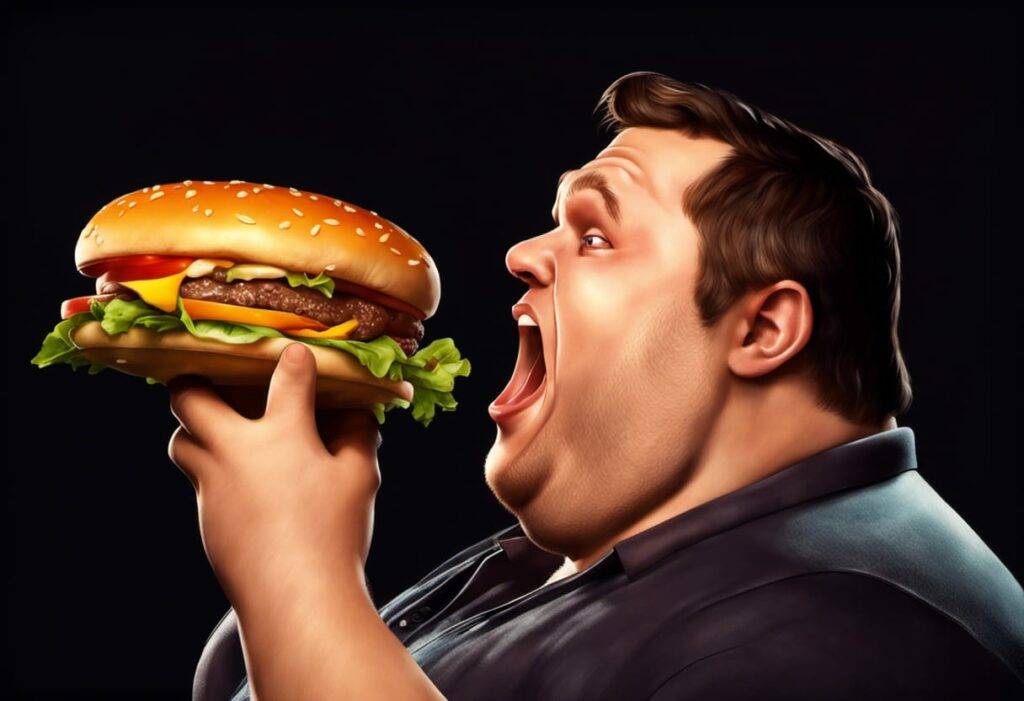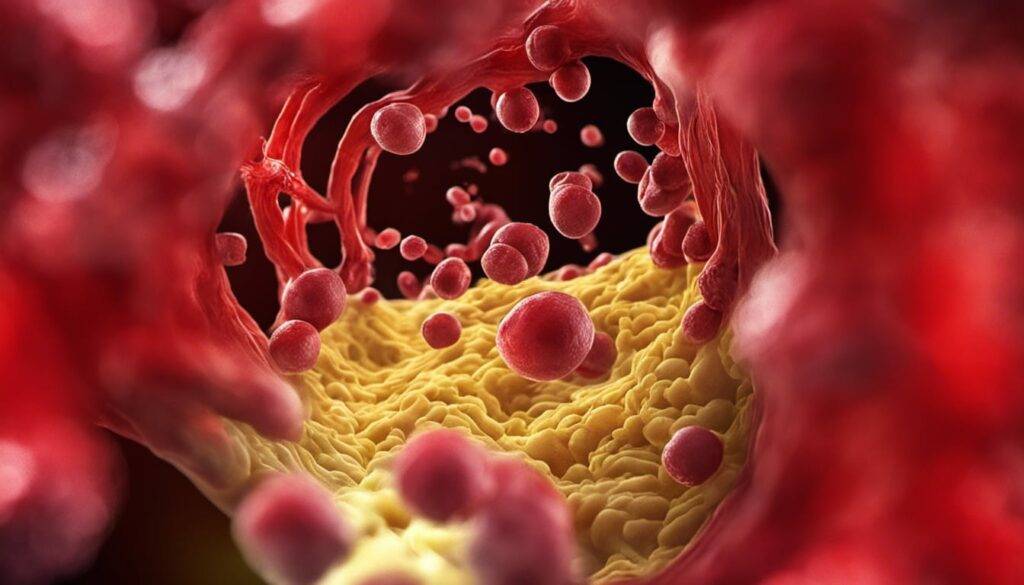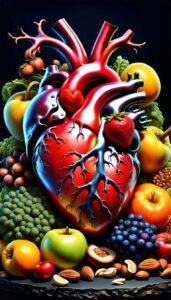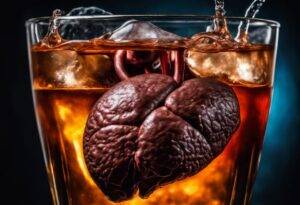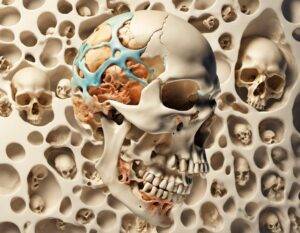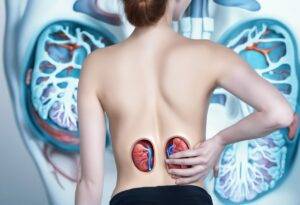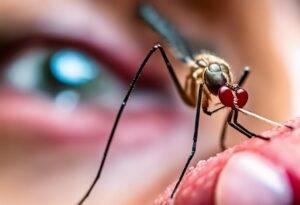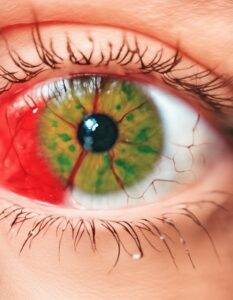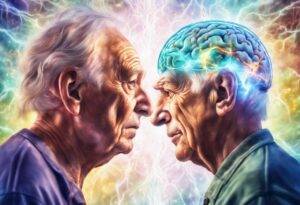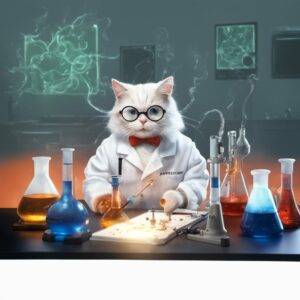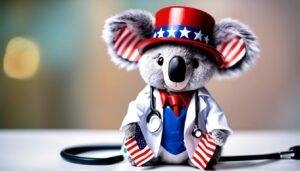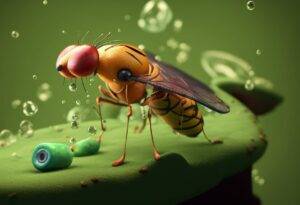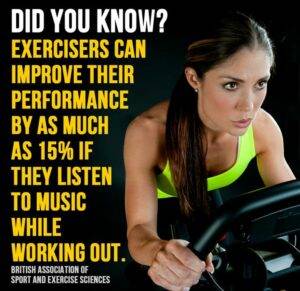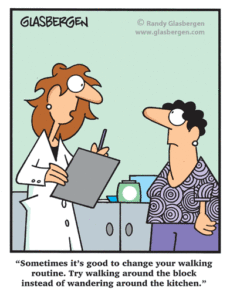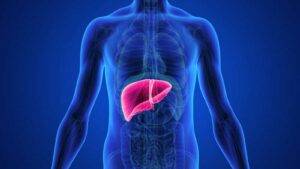In this article, we will delve into the fascinating world of cholesterol and triglycerides, two essential compounds that play critical roles in our body’s functioning. By exploring their commonalities and impact on cardiovascular health, we aim to lay the groundwork for managing these substances to promote overall well-being.
Just a little heads up: some of the links on this site may be affiliate links, which means if you make a purchase through them, we might get a little kickback. But don’t worry, it won’t cost you a cent extra! Think of it as the universe secretly thanking us for helping you find a great deal. Your support keeps the good vibes flowing.
Defining Cholesterol and Triglycerides:
Cholesterol and triglycerides are both lipids, or fat-like substances, found in our bloodstream. They differ structurally and serve distinct functions within the body.
Cholesterol:
Cholesterol is a waxy, fat-like substance produced naturally by our liver and other cells. It is essential for the proper functioning of every cell and plays a crucial role in the production of hormones, vitamin D, and bile acids necessary for digestion. Interestingly, cholesterol is also a key building block in forming the membranes surrounding our cells.
Triglycerides:
Triglycerides are a type of fat that comes from the foods we consume, such as oils, butter, and other fatty foods. They are also produced within the body when excess calories remain unused and are stored for future energy needs. Triglycerides are stored in fat cells and released into the bloodstream when energy is required.
The Interconnection:
While cholesterol and triglycerides have unique roles, their interconnectedness lies in their transport through the bloodstream. Both cholesterol and triglycerides are transported within lipoproteins, which are protein packages that assure their solubility and safe delivery.
Impact on Cardiovascular Health:
It is well-established that having high levels of cholesterol, particularly low-density lipoprotein (LDL) cholesterol, can contribute to the development of atherosclerosis, a buildup of plaque in the arteries. This can lead to heart disease, heart attacks, and strokes.
Similarly, elevated triglyceride levels have been associated with an increased risk of cardiovascular disease. When combined with low levels of high-density lipoprotein (HDL) cholesterol, high triglyceride levels can be particularly detrimental.
Metabolism and Function:
Cholesterol and triglycerides share similarities in how they are metabolized and function within the body. Both are transported in lipoproteins, primarily LDL and HDL.
LDL Cholesterol: LDL cholesterol, often referred to as “bad” cholesterol, carries cholesterol from the liver to the cells. Excess LDL cholesterol can accumulate in the arterial walls, contributing to plaque formation.
HDL Cholesterol: HDL cholesterol, or “good” cholesterol, helps remove excess cholesterol from the bloodstream and transports it back to the liver for processing and elimination.
Triglyceride Metabolism: Triglycerides primarily enter the bloodstream after meals. They are packaged into lipoproteins and transported by very low-density lipoprotein (VLDL). Enzymes in tissues break down these triglycerides into free fatty acids, which are then utilized for energy or stored in fat cells.
Scientific Research and Studies:
1. A study conducted by the National Institutes of Health (NIH) revealed the association between high LDL cholesterol levels and increased risk of heart disease. [Source: https://www.nih.gov/news-events/nih-research-matters/high-ldl-cholesterol-early-death]
2. A systematic review published in the European Heart Journal demonstrated a positive correlation between elevated triglyceride levels and the risk of cardiovascular disease. [Source: https://doi.org/10.1093/eurheartj/ehw152]
Practical Tips for Managing Cholesterol and Triglyceride Levels:
1. Consume a heart-healthy diet: Incorporate plenty of fruits, vegetables, whole grains, lean proteins, and healthy fats while limiting saturated and trans fats. This includes avoiding fried foods and opting for baked or grilled preparations.
2. Regular physical activity: Engage in aerobic exercises such as brisk walking, swimming, or cycling for at least 150 minutes per week to boost HDL cholesterol and lower triglyceride levels.
3. Maintain a healthy weight: Excess weight can contribute to increased cholesterol and triglyceride levels. Aim for a body mass index (BMI) within the healthy range.
4. Limit alcohol intake: Excessive alcohol consumption can lead to elevated triglyceride levels. Drink in moderation or consider abstaining altogether.
5. Quit smoking: Smoking adversely affects cholesterol levels and overall cardiovascular health. Seek support and adopt strategies to quit smoking.
While I do cite reputable sources, I am not a medical professional. Please use professional medical advice when making any health-related decisions.
Conclusion:
Understanding the interconnected relationship between cholesterol and triglycerides is key to maintaining cardiovascular health and promoting overall well-being. By managing these lipid levels with lifestyle modifications, such as adopting a heart-healthy diet, engaging in regular physical activity, maintaining a healthy weight, limiting alcohol consumption, and quitting smoking, individuals can take charge of their health and reduce the risk of heart disease and related complications.
Sources:
1. National Institutes of Health: https://www.nih.gov/news-events/nih-research-matters/high-ldl-cholesterol-early-death
2. European Heart Journal: https://doi.org/10.1093/eurheartj/ehw152
Cholesterol, Triglycerides, Symbiotic relationship, Cardiovascular health, Well-being, Lipids, Lipoproteins, HDL, LDL, VLDL, Atherosclerosis, Arteries, Fatty acids, High blood pressure, Heart disease, Metabolism, Chylomicrons, Lipoprotein lipase, Vascular health, Hyperlipidemia, Lipid panel, Lipid metabolism, Coronary arteries, Bile acids, Steroid hormones, Carbohydrate metabolism, Cholesterol synthesis, Fatty liver, Cholesterol ester transfer protein, Omega-3 fatty acids.
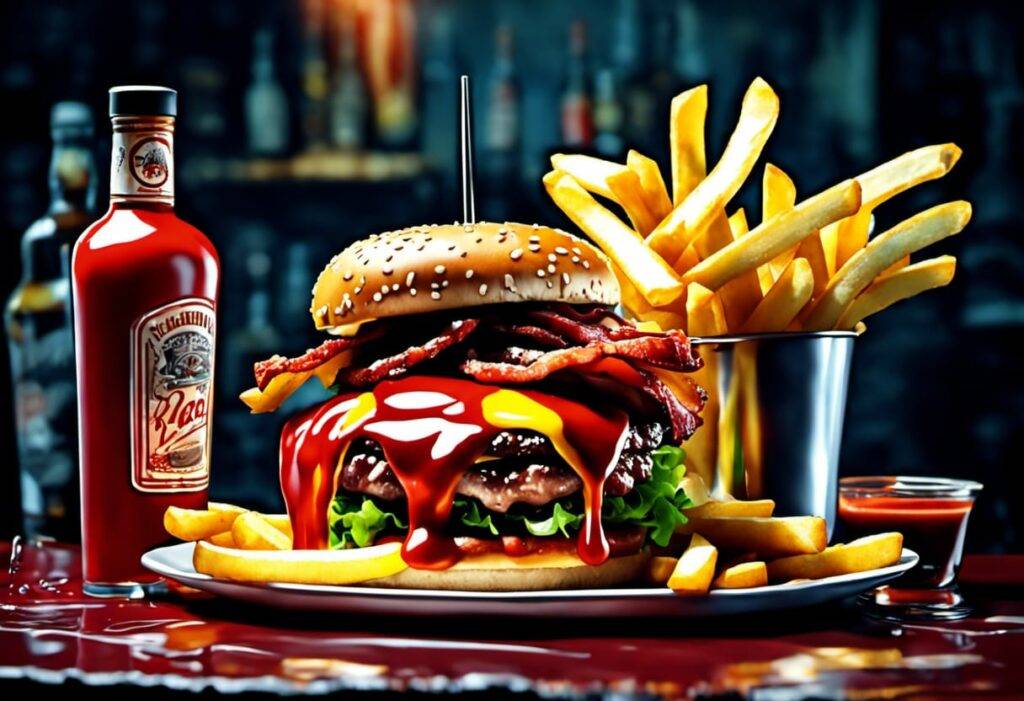
Just a little heads up: some of the links on this site may be affiliate links, which means if you make a purchase through them, we might get a little kickback. But don’t worry, it won’t cost you a cent extra! Think of it as the universe secretly thanking us for helping you find a great deal. Your support keeps the good vibes flowing. See AFFILIATE DISCLOSURE.![]()
